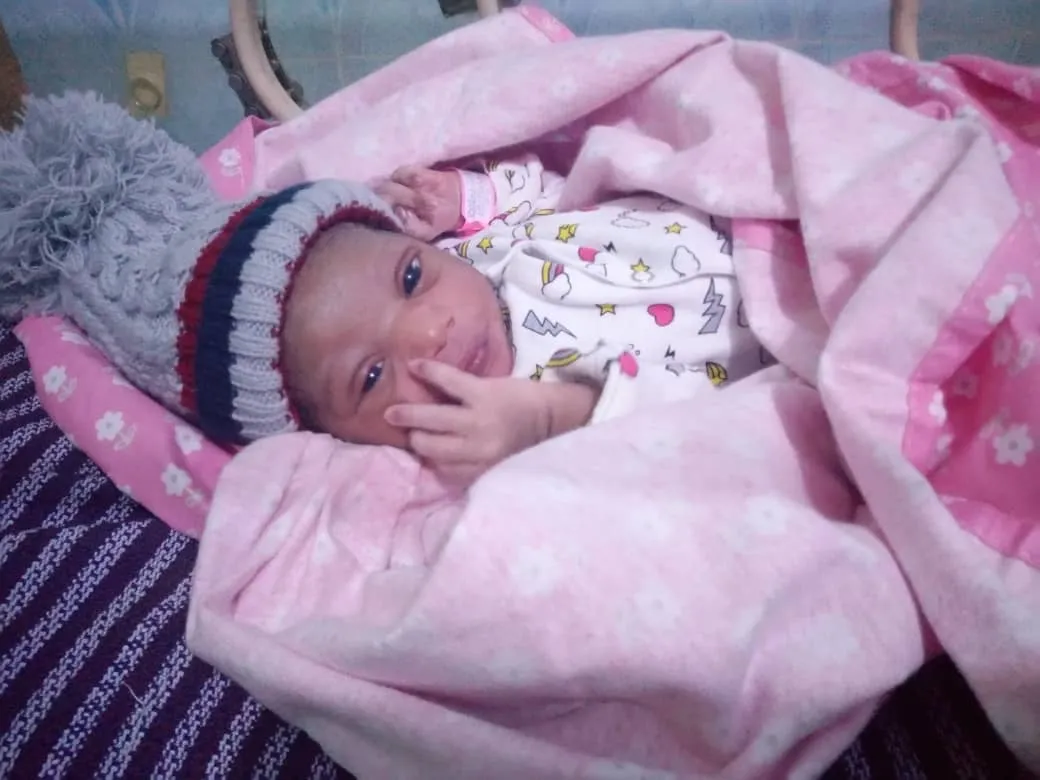The arrival of a new child always calls for a celebration in most of the cultures of all the tribes of Nigeria. However, the big difference is the type of celebration that follows. The arrival of a new baby has a lot of influences on the immediate family and the community at large, and hence the reason the people of Adaba see it as not just a family-sized celebration but the community at large.
Adaba is a small community in the Uzo-Uwani local government area of Enugu State, Nigeria, one thing that the community is known for is the love that exists between one another. Adaba is blessed with many cultures but the arrival of a new baby stands out among others. On the day of delivery, the people converges in the compound, where powder is shared among everyone, with the husband rubbing the highest quantity. This same day, drinks will be made available to everyone present, backed with a series of traditional dances as entertainments.

Starting from the next day, it is the duty of the people to be preparing meals for the nursing mother for about 14days, afterwhich will be the day for naming. Generally in Igbo culture, babies are named in respect to the four market days (Nkwo, Eke, Orie, and Afor). A male child birthed on Nkwo market day will be named Nwa-nkwo while the female birthed on the same day will be called Mgbe-nkwo. That birthed on Eke market day will be Nwa-eke (Mgbe-eke, for female), and so on.
The day of the naming, all children between the age of 2-10 years are specially fed with foods and drinks, as a way of welcoming the newly born baby. As a kid, witnessing these events each time a new child arrives in Adaba instigated in me the love I have for children in my adult age. Children are blessings to the family, community and the world at large.
